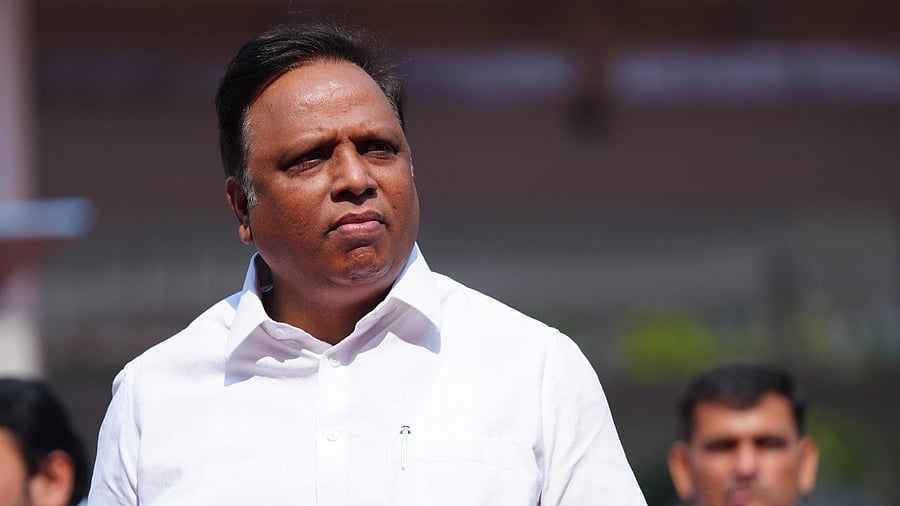
Ashish Shelar
Credit: X/@ShelarAshish
Mumbai: Maharashtra Cultural Affairs Minister Ashish Shelar on Monday announced the formation of an expert committee to study the challenges faced by 'tamasha' artistes (folk culture) in the post-Covid era.
The proposed committee will comprise seven to eight members, including representatives from tamasha-related organisations and subject experts, and recommend solutions to ensure the preservation and promotion of the traditional folk art, he said.
The committee will examine the issues faced by artistes and cultural centres, recommend steps the government can take, suggest ways to preserve the traditional format, and explore global opportunities for performers, he added.
"Like all other sectors, folk artistes, especially those associated with tamasha, are facing multiple challenges after the pandemic. We have decided to form an expert committee that will study these issues comprehensively and submit its report within a month." Shelar said after meeting a delegation of tamasha artistes and representatives of cultural centres.
"We had extensive discussion today, lasting over an hour, during which I listened to the issues raised by the artistes and cultural organisations. Many tamasha performers lost their livelihoods due to the pandemic, while others shifted to alternative professions, leading to a shortage of skilled artistes such as dholki players. The traditional ecosystem of tamasha has been severely affected, and running cultural centres has also become increasingly difficult," he said.
The use of modern technology in tamasha performances is causing a shift in its presentation, raising concerns about preserving its traditional form, the minister pointed out.
"Artistes and organisations are not only facing financial strain but are also worried about the long-term survival of this folk art in its original form. There is a need for a detailed study to address these concerns and safeguard the livelihoods of artistes. It is essential that the government ensures tamasha continues in its traditional format, artistes do not face financial hardships, and cultural centres remain operational," Shelar said.